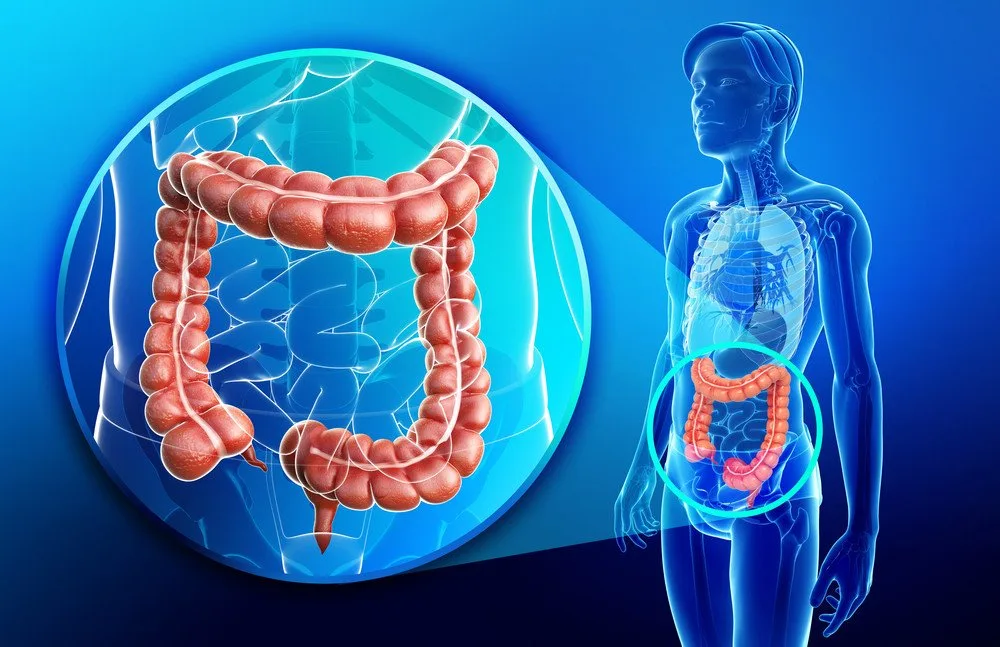Healthy bowel movements are important to your general well-being as the movements ensure the removal of waste and toxins from the body. A healthy diet helps in ensuring healthy bowel movements, but the wrong foods can disrupt this, leaving you constipated.
Constipation can happen to anyone and a contributing factor is a diet low in fibre. Dietary guidelines state that adult males need about 30 grams of fibre per day, whereas women need around 25 grams. Although constipation can occur as a result of many different reasons, we’ve provided you with foods that can be major contributors.
These Foods Can Cause Constipation
1. Prepackaged meals
Although extremely convenient, microwaveable meals are void of a lot of essential nutrients like fibre. They’re also laced with preservatives and copious amounts of salt and fat. High levels of salt in the body can trap water in your cells, disrupting your colon’s access to fluids. The inability to access the water makes it even harder for your colon to smoothly pass waste.
2. Red meat
Meats do not contain fibre; however, they are all easier to digest than red meat due to them being lower in fat. Being so high in fat, the body takes longer in trying to digest red meat which can increase the chances of constipation. The capability of meat being able to fill one up can also increase the risk of constipation.
Filling up on a large portion of meat during a meal can have you opting out of other foods that are high in fibre such as vegetables and whole grains. In doing so, you will miss out on your daily fibre intake, thus increasing your chances of becoming constipated. To avoid this, try opting for smaller portions of red meat and add more beans and lentils to your plate. Lastly, a 2015 study revealed that those who regularly indulge in red meat can increase their chances of developing colon cancer by 20-30%
3. Dairy
Dairy products are rich in nutrients such as calcium and protein. However, they’re also low in fibre. Dairy also contains lactose which some people have a hard time digesting. However, this doesn’t mean that your diet needs to be void of dairy. Opt for more natural dairy products like natural yogurts that are rich in probiotics.
4. Fried and fast food
Greasy foods are high in fat, making it harder for the body to digest, which can lead to constipation. A 2015 study even revealed a link between a diet high in saturated fats and high rates of constipation. These greasy foods are also high in salts which can affect colon health. High levels of salt lower the water content, making it much harder to push the stool through the body. If you’re looking for fast, healthy foods that are rich in fibre, opt for dried fruit or nuts.
5. Chocolate
The sweeter side of life may be hindering your trips to the bathroom. Although dark chocolate provides many health benefits, milk chocolate, in particular, is higher in sugar and fat which can contribute to constipation. If you’re craving something sweet, always go for dark chocolate as it’s high in cocoa powder – which contains dietary fibre.
5. Unripe bananas
Bananas, when they’re ripe, are not only loaded with prebiotics but also dietary fibre which helps to keep you regular. Unripe bananas, however, are harder to digest, which can cause constipation. Green bananas contain more resistant starch, which the body has difficulty digesting. Resistant starch is later converted into natural sugars during the ripening process which is why ripe bananas don’t cause bowel movement problems.
6. Refined grains
In being processed grains, foods like white bread and white rice do not contain the fibre rich nutrient that is the bran. Thus, a diet rich in processed grains can greatly increase your risk of constipation. One study revealed a 2% decrease in the likelihood of constipation for every additional gram of fibre consumed per day. The healthier your digestive system is, the less your body will be filled with toxins and waste.
You can eliminate constipation by causing food from your diet and increase your consumption of fibre-rich foods like vegetables, beans, and whole grains as well as probiotic foods like sauerkraut. However, in the likelihood that your constipation has little to do with your diet, you can look at other factors of your lifestyle as constipation can also result from a sedentary lifestyle and stress. To see the different ways in which you can deal with stress, follow this link.
Remember, a free-flowing digestive system means a healthier body and mind.
Click here to find out about MSG and how it affects our health.




